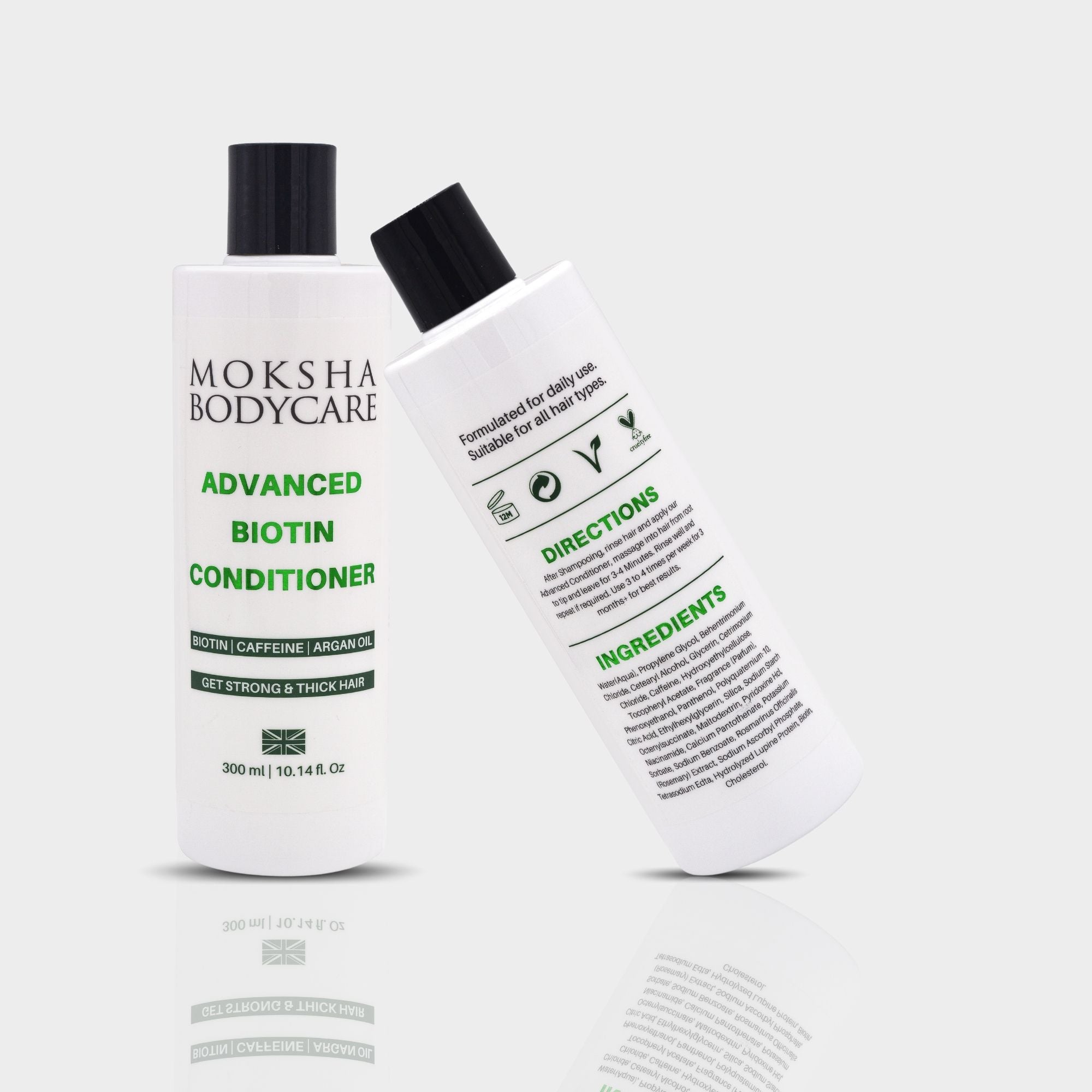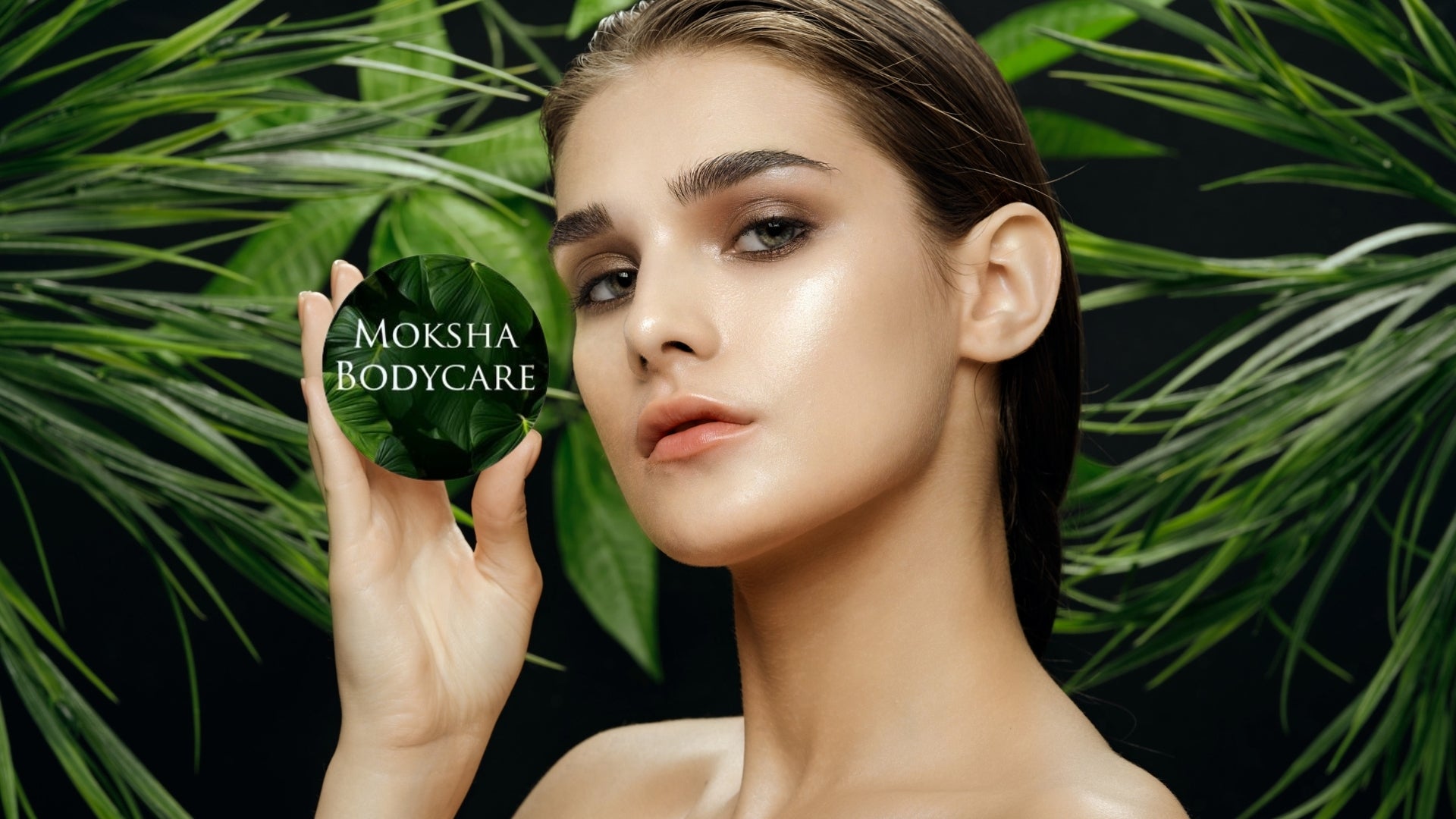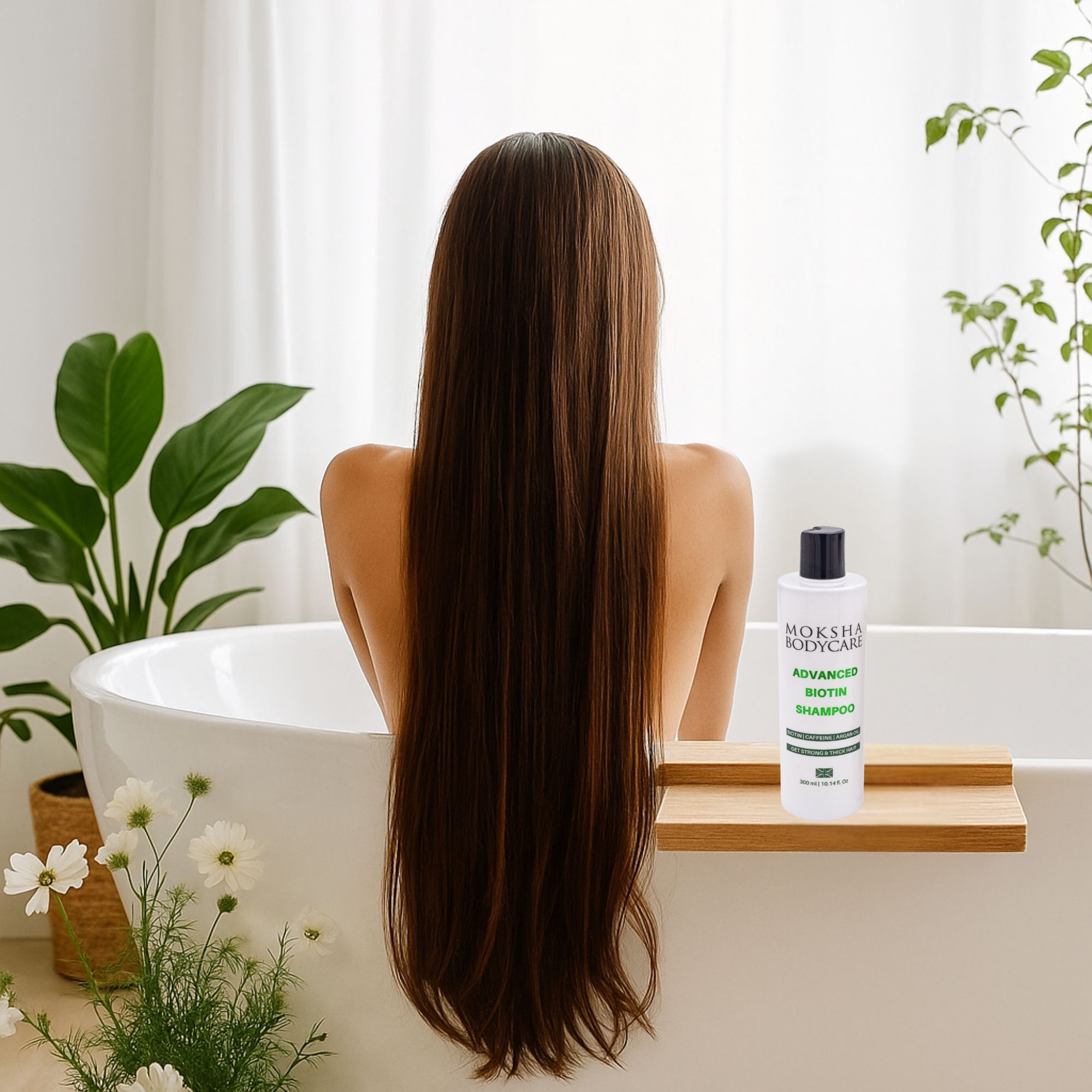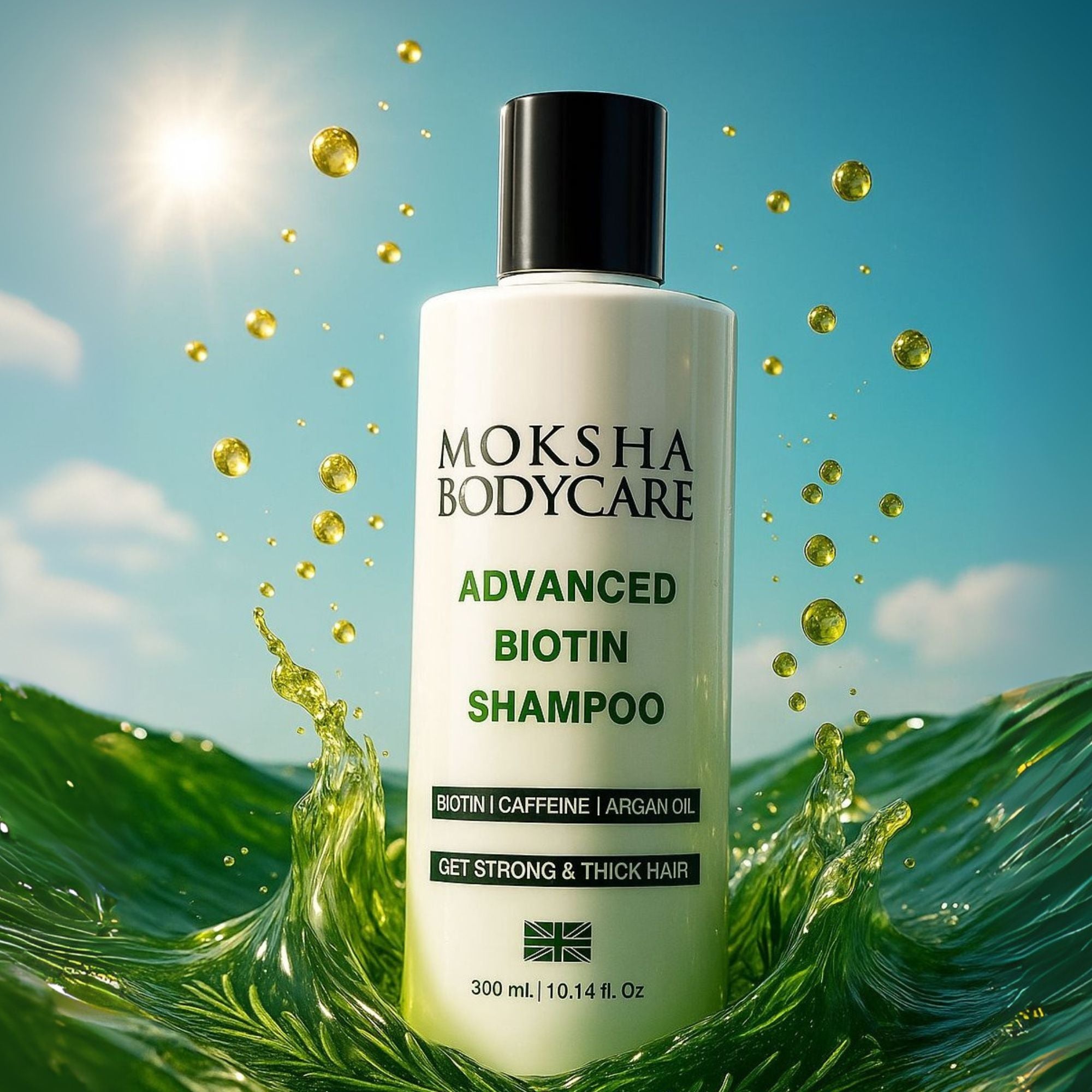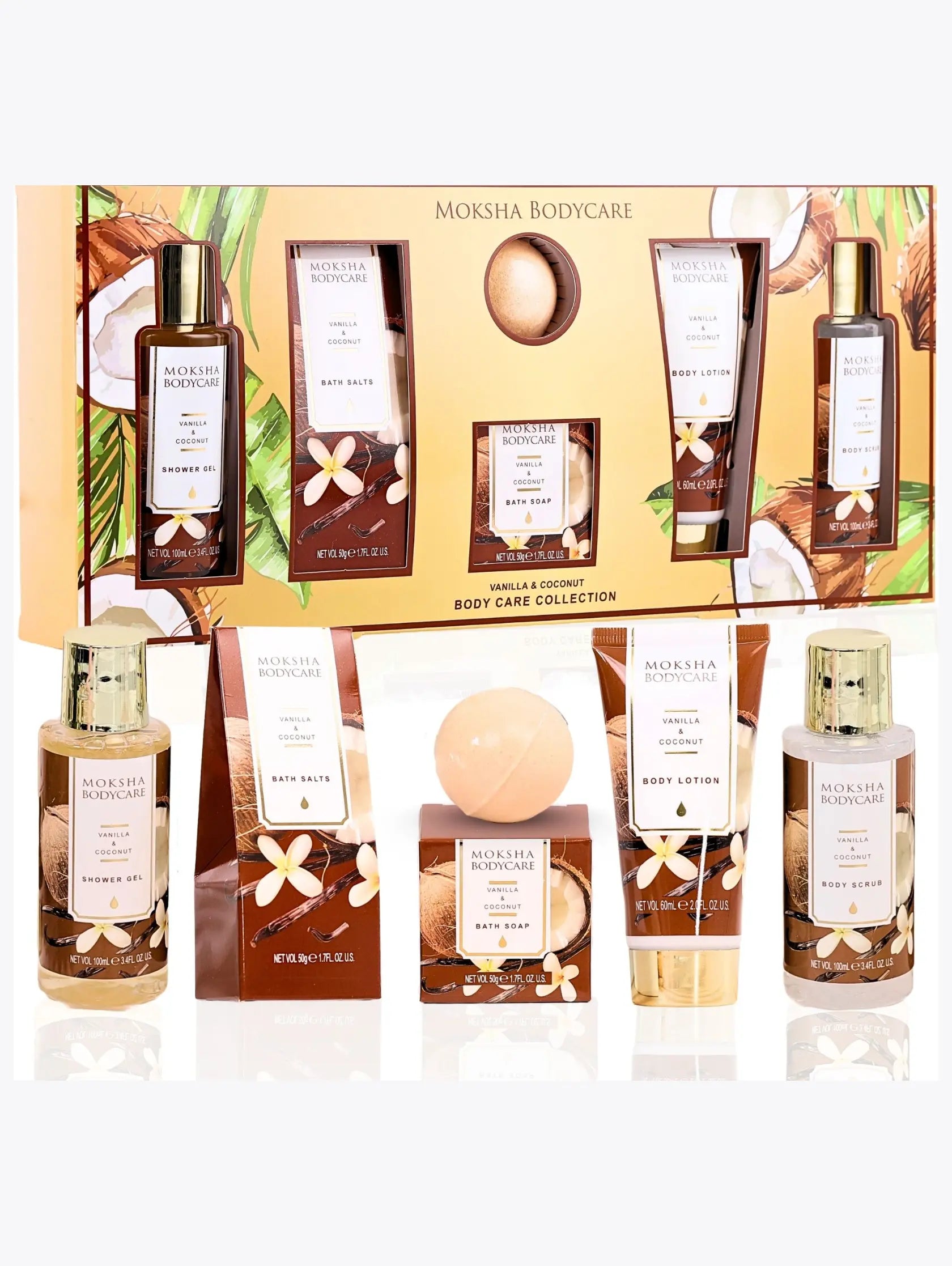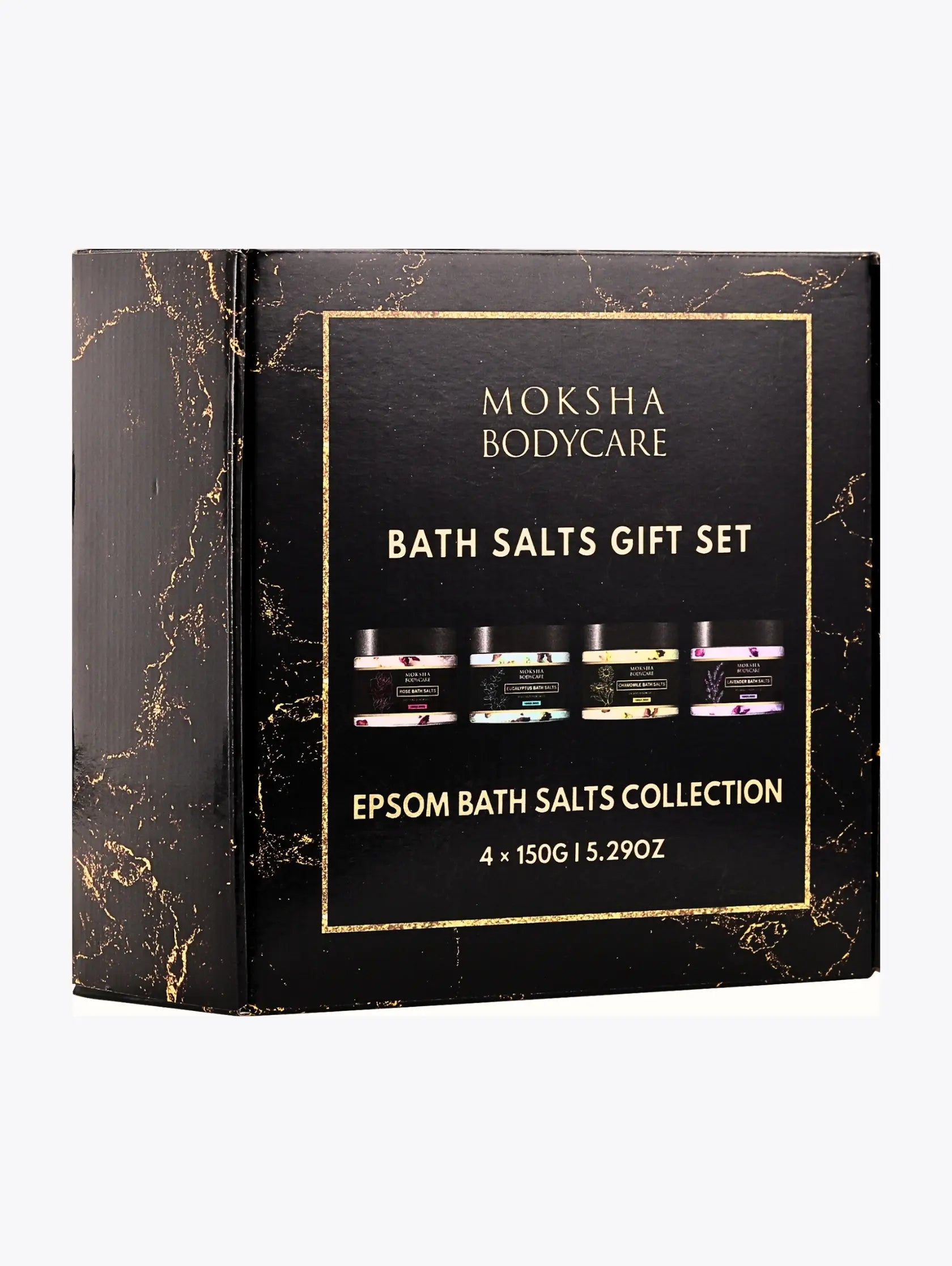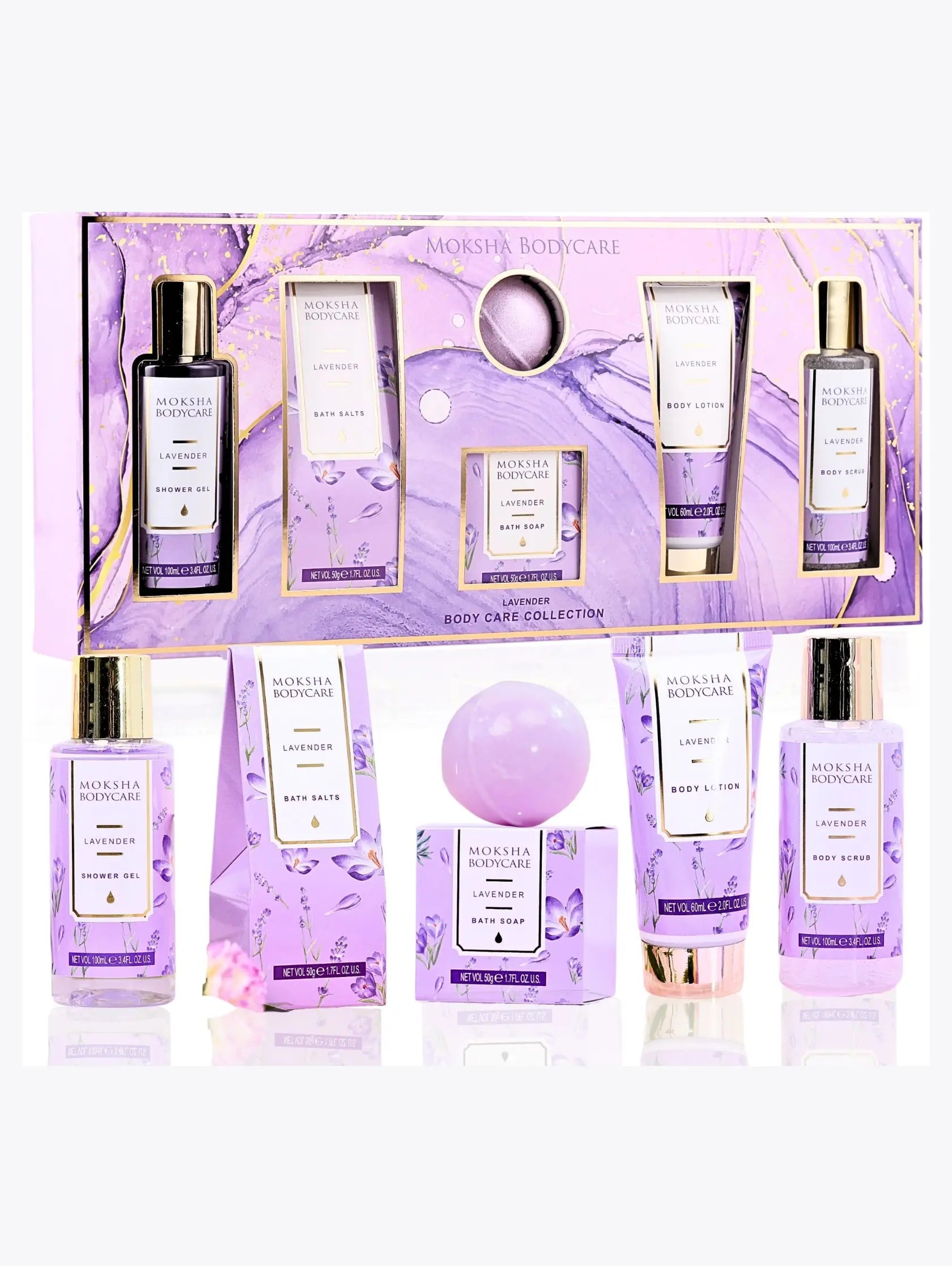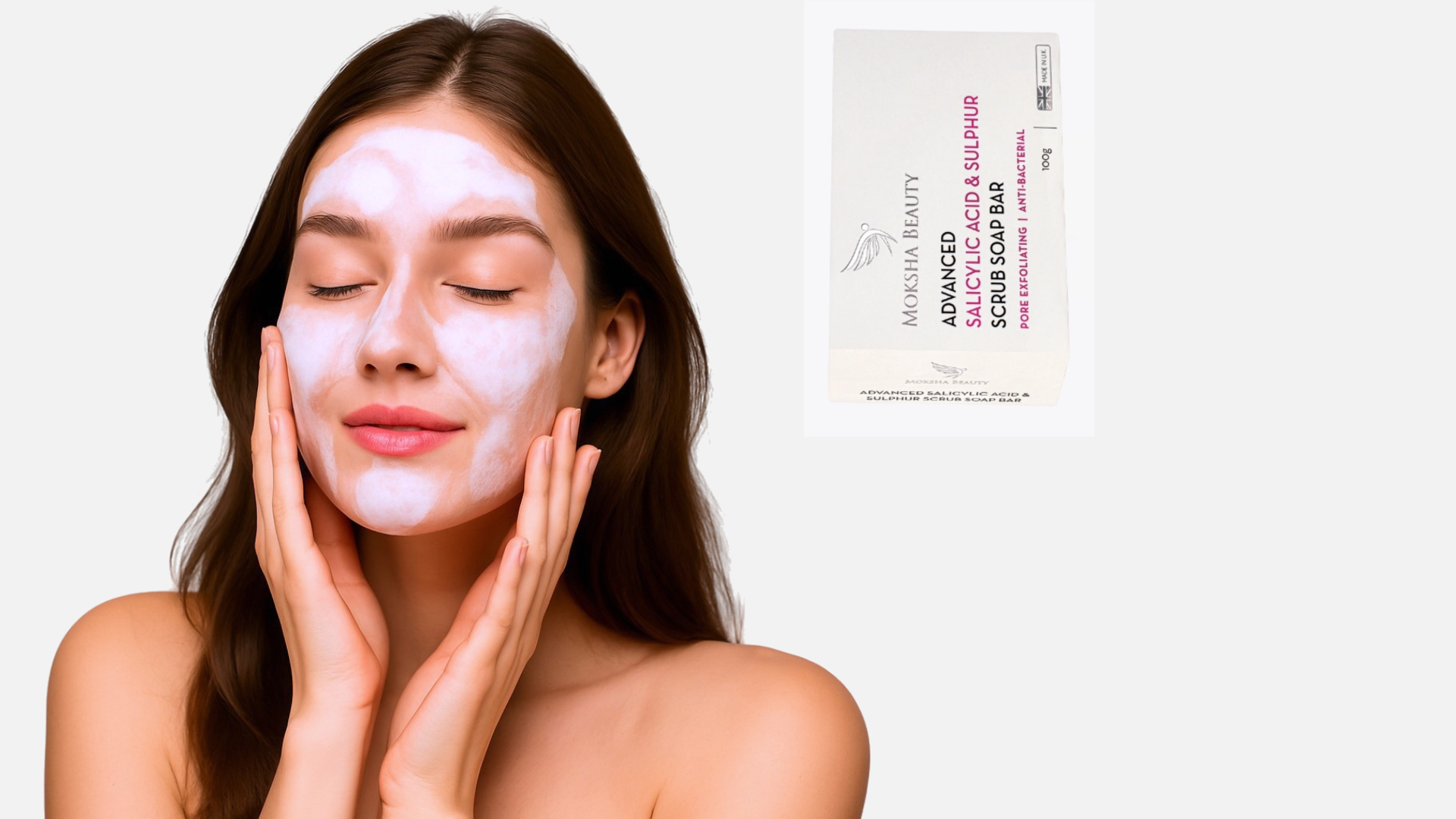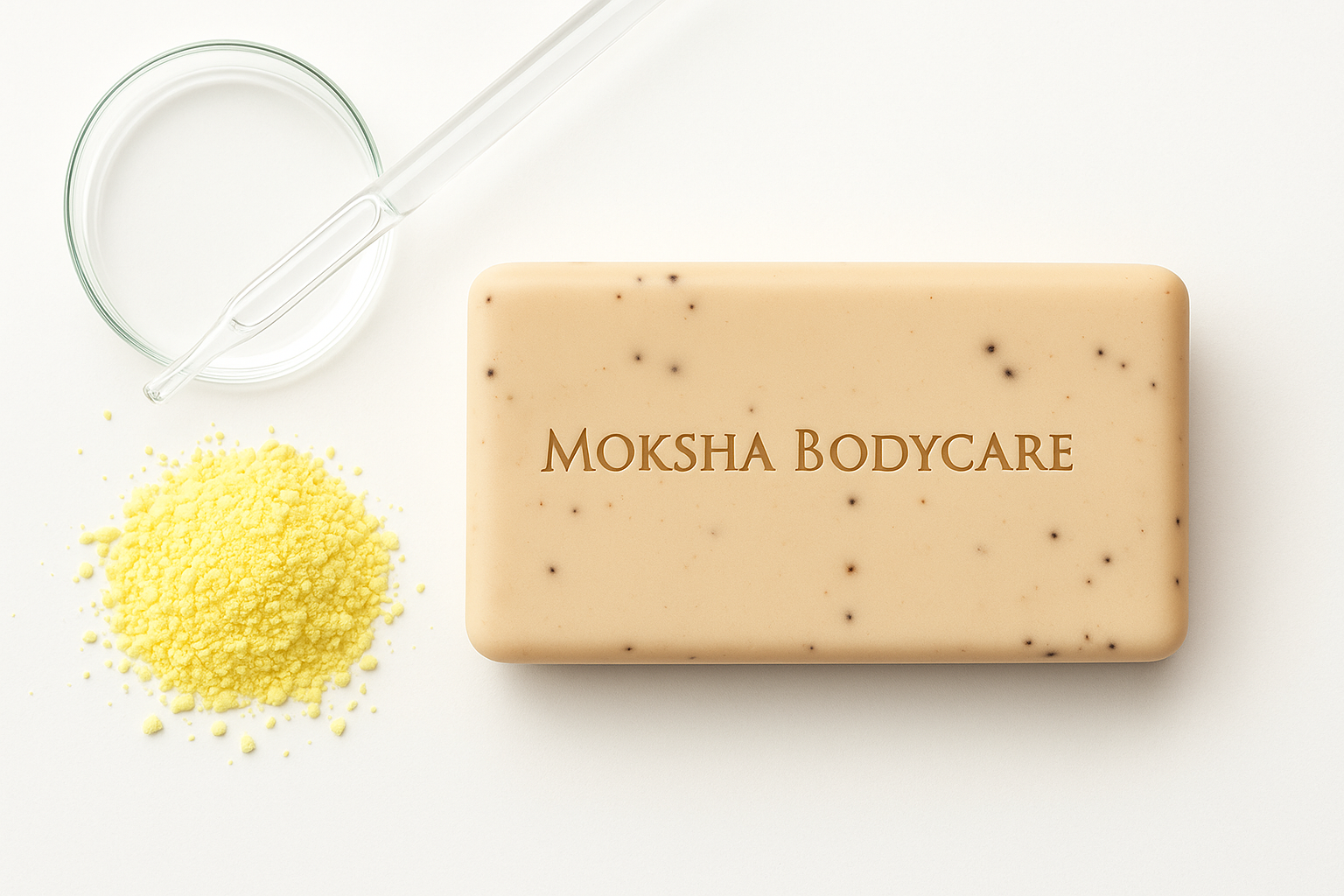
Tea Tree and Charcoal Soap Bar
Tea Tree Oil and Charcoal Exfoliating Soap Bar – [Made In U.K] Exfoliating Body Scrub Soap for Spots Blackheads Pimples Blemishes Oily Skin | Paraben and Cruelty FREE-100g
Shop Now
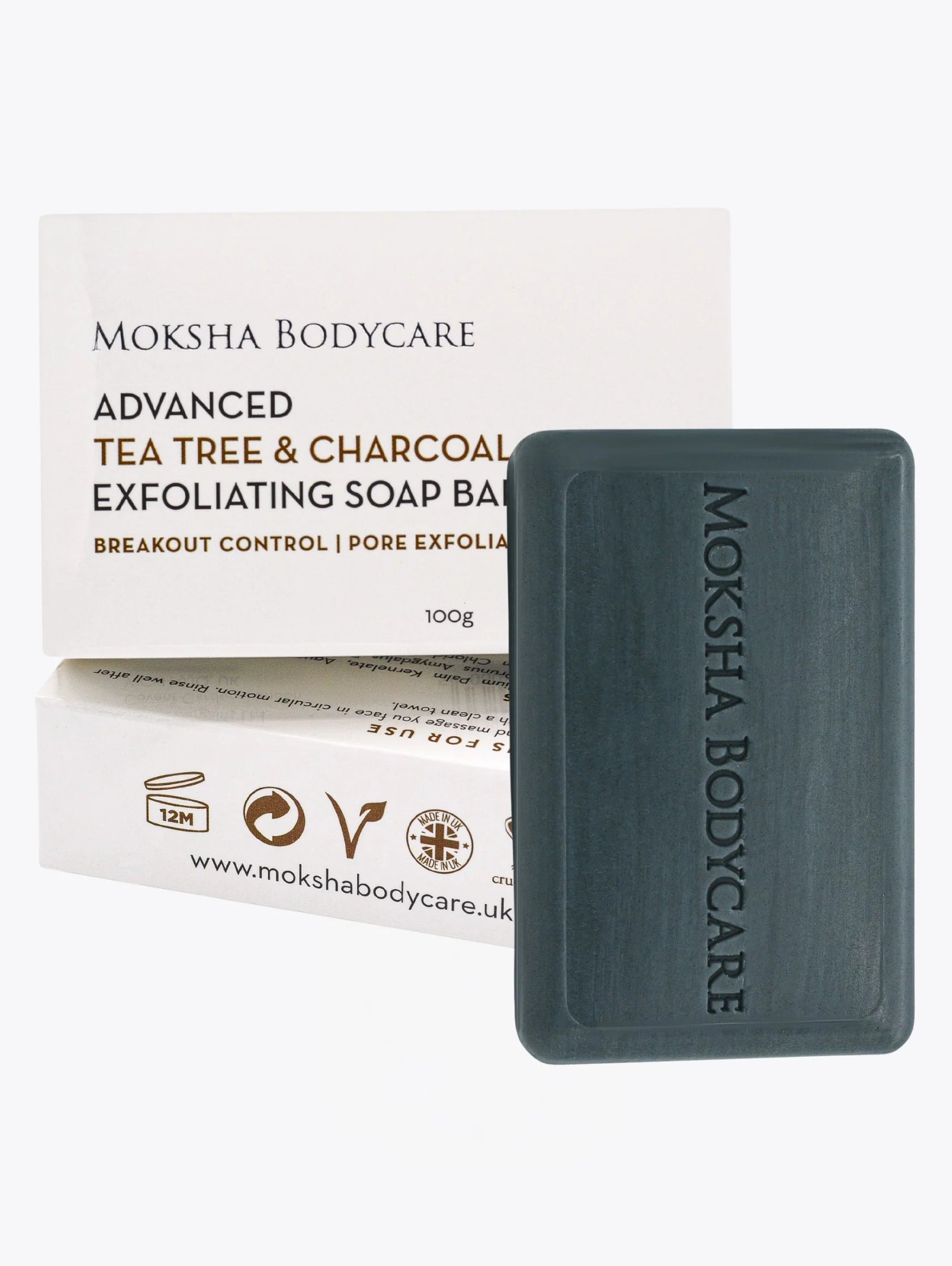
British Rose Shower Gel
Our 100% vegetarian refreshing Shower Gel is infused with the essence of hand-picked roses from Britain to make showering feel blooming beautiful.
Shop now
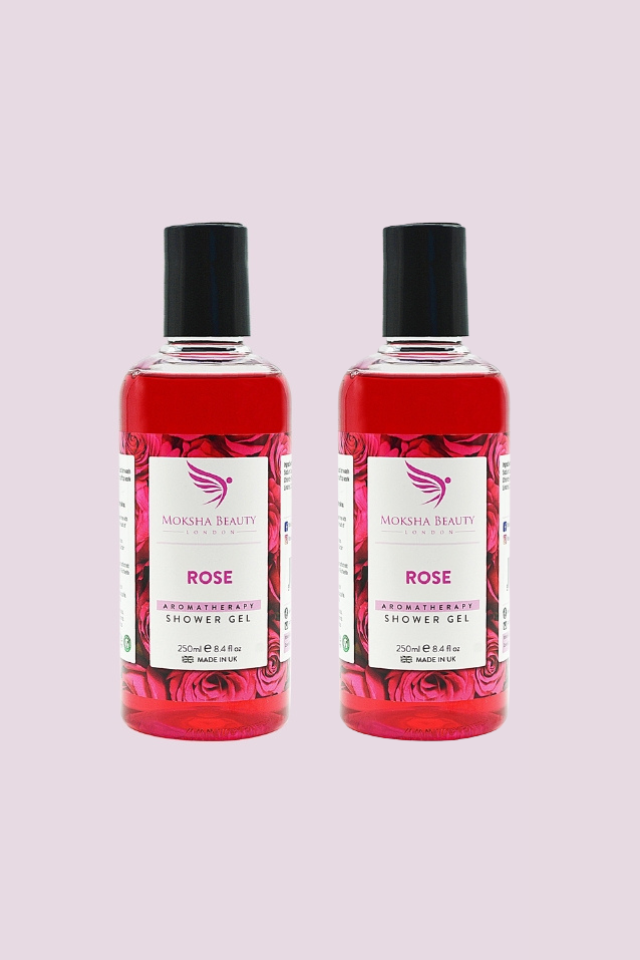
Muscle Ache Bath Salts
Black pepper & Rosemary soothe muscle aches and pains and help you recharge and recover after exercise.
Shop now
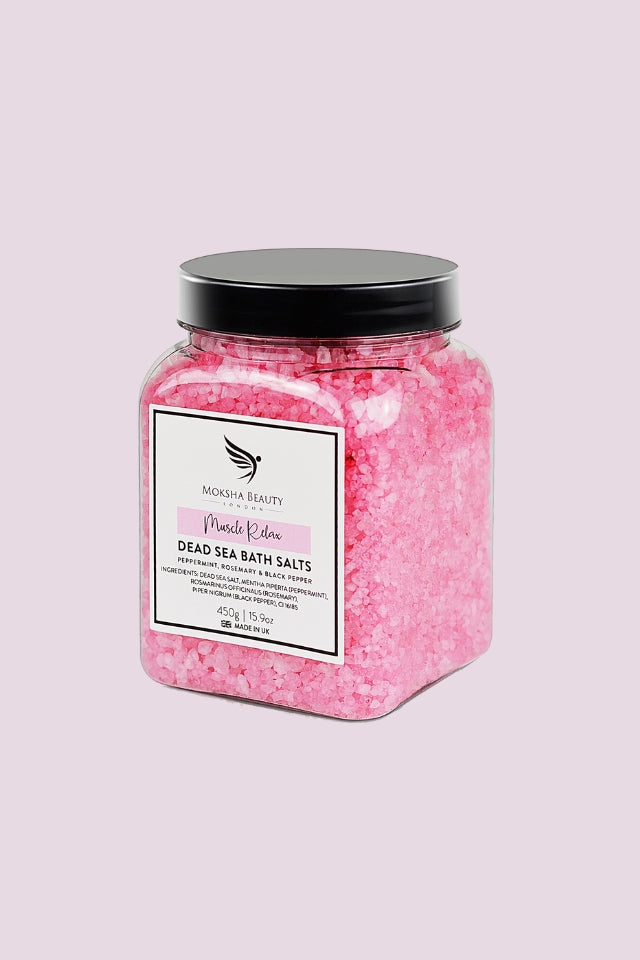
Biotin Conditioner for Hair Growth
Biotin Conditioner for Hair Growth – [Made In UK] Hair Thickening Regrowth Formula with Biotin, Caffeine, Argan Oil, Rosemary for Thinning Hair and Hair Loss Treatment | For Women & Men, 300ml
Shop now
